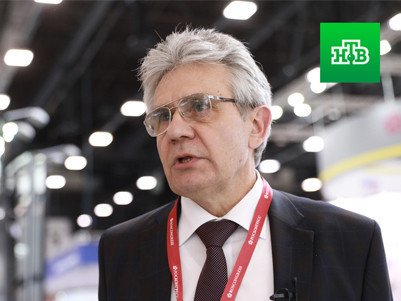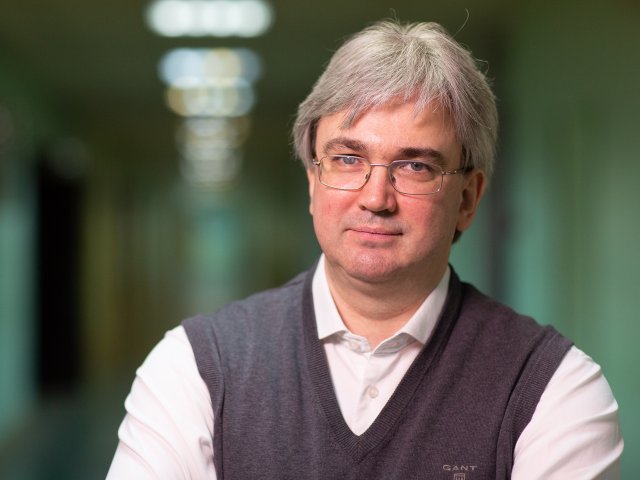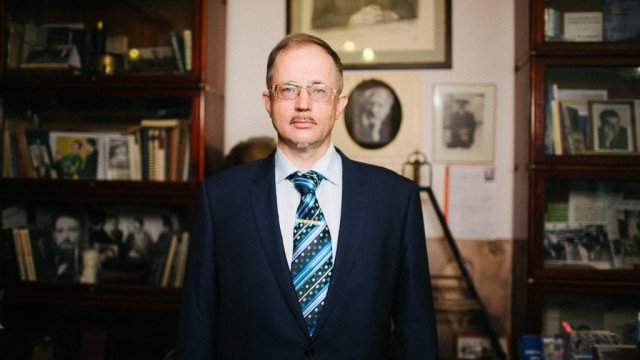Today, Aleksandr Sergeev, President of the Russian Academy of Sciences appeared live on the 24-hour NTV TV channel of SPIEF-2021 (Saint Petersburg International Economic Forum). The RAS President answered the loaded question as to what the Academy of Sciences was doing at the economic forum He spoke of a “death valley”, lessons of the pandemic, Russia’s international cooperation, and new challenges to science.
“The country and our economy have a critical task to complete, which is to find a way to turn knowledge we are generating into marketable products. This is about the relationship between the business sector, primarily major, science-oriented, high-tech companies, and the science sector... To a significant degree, we’ve acknowledged a considerable gap in this chain of knowledge transformation, of technology, and complained that, on the one hand, the business sector said that scientists had nothing that could be made into a product, while the scientist said, “What are you talking about? If we were to invent or come up with something of that level, companies would come running...” Both sides were right, of course..,” Aleksandr Sergeev says.
The RAS President is comparing the parties to this mutual misunderstanding (science and business) to a “death valley”: “They are sitting on the opposite sides of the valley... shooting at one another in mutual lack of understanding... This forum seems to be showing some serious evidence that the sides of the “valley” are starting to draw closer somehow... It is most important to us to see that the big business is really science-oriented. We realize that the arms race has been replaced by the technology race, and the one able to turn knowledge into technology the fastest will win. We already have businesses, corporations that feel comfortable on this market...
Aleksandr Sergeev believes that the “COVID time”, when the role and importance of science increased manyfold, contributed to a better understanding to a degree: “There are clear reasons here, and good lessons for us to learn from the fact that we managed to come out of this crisis quite fast. No, the pandemic has not been quite defeated yet, but it’s clear that we’re out of the crisis. The first observation on this account is that we had good groundwork – the platforms and theoretical knowledge were available.
Once the genome of the coronavirus was decoded and we obtained information on the proteins, we started making the vaccines immediately. What would have happened had we not had the groundwork is too dreadful to think about... The lesson is: there must be groundwork – I’m talking about basic science.” The RAS President mentions another “lesson” from the pandemic: “One of the lessons the pandemic has taught us is international cooperation in basic research and exploration.”
Another issue discussed in the interview was the greenhouse gas emission situation in Russia. The RAS President is responding to the question: How to tell if Russia is, perhaps, really the “lungs and gills” of the planet?
Photo on the page and on the main page: Nikolay Malakhin/Scientific Russia






















